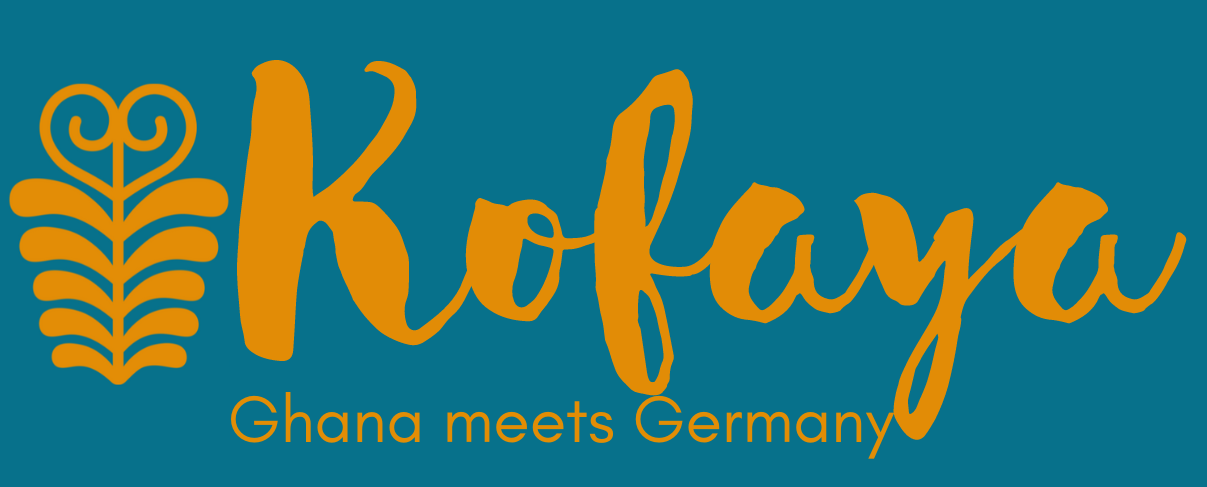THE EMPOWERMENT PROJECT KOFAYA
The first phase of the Kofaya empowerment project for tailors in Ghana aims to open up new opportunities for Ghanaian women in the tailoring trade and support them in establishing business relationships with Europeans.
They learn to upcycle Second Hand Clothes and blend them with Ghanian Fabrics. Kofaya is selling them to get an fair income for them and also use the money to teach them in digital marketing, so that they can sell their own goods to other countries, especially in Europe.
The Problems:
Colonialism has left deep scars
Colonialism has left a deep mark on relations between Europe and Africa. During this period, African countries were economically exploited, their resources were plundered and they became suppliers of raw materials for the European colonial powers. This has led to an imbalance in economic relations between Europe and Africa.
Our Solutions:
The empowerment project attempts to counteract these problems by teaching the tailors new skills and opportunities to traditionally upgrade European second-hand clothing and sell it in order to return to work. The training aims to give tailors the tools to build their own business relationships with Europeans and successfully market their collections.
By enabling the tailors to sell their own collections, the project helps to restore their employment opportunities and provide them with a sustainable source of income.
Africa is being used by Europe as a container for old clothes
PRICE COMPETITIVENESS:
European second-hand clothing is often sold at very low prices because it is already used. In contrast, tailors who make clothes from scratch have to bear higher costs for fabrics and labor. As a result, their products cannot compete with the cheaper second-hand options. In any case, the big side issue is that poverty means that people can no longer afford the wage costs for tailors and are more likely to turn to cheaper second-hand clothing.
FLOODING OF THE MARKET:
The large amount of imported second-hand clothing from Europe is literally flooding the Ghanaian market. This reduces the demand for tailor-made clothing, as consumers are more likely to turn to the cheaper second-hand options.
QUALITY AND VARIETY:
European second-hand clothing offers a wide range of brands, styles and designs that are often not available in Ghana. This leads to consumers changing their preferences and looking for second-hand European garments rather than opting for customized Ghanaian clothing. Kofaya is also addressing this by bringing European fashion together with Ghanaian traditional art, creating cultural preservation and a new fashion creation that combines both worlds.
JOB LOSSES:
As the demand for tailor-made clothing decreases, many tailors become unemployed. The tailoring trade has a long tradition in Ghana and offers many women the opportunity to earn a living. The destruction of the market for tailor-made clothing therefore has far-reaching socio-economic consequences for the affected tailors and their families.
The project promotes upcycling and awareness.
Too much fashion is consumed in Germany and unworn clothing ends up in Africa, where only half of it can be recycled.
This affects traditional tailors in Ghana. As there is no foreseeable solution to the problem of European second-hand fashion, innovative approaches are needed in Ghana.
We make the best of it! Taking creative action!
By combining European second-hand clothing with Ghanaian fabrics in the upcycling process, a unique and sustainable alternative to new imports is created, traditional art is preserved and a better awareness of fast fashion is generated.
In addition, an alternative labor market is being further developed, which helps Ghana to at least somewhat curb post-colonial structures and gives the participants in the project opportunities and prospects.
